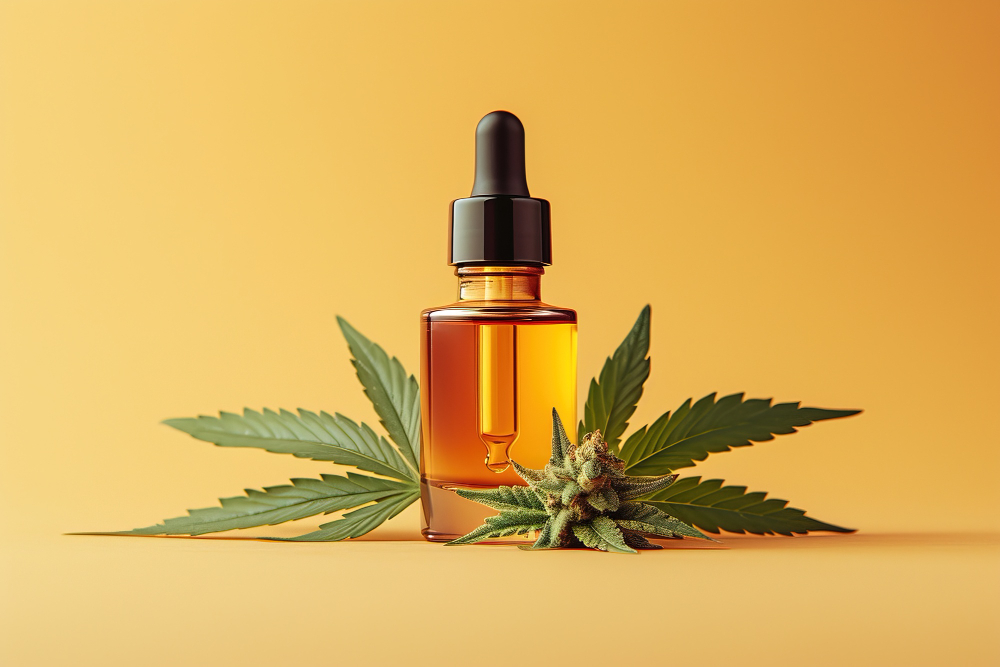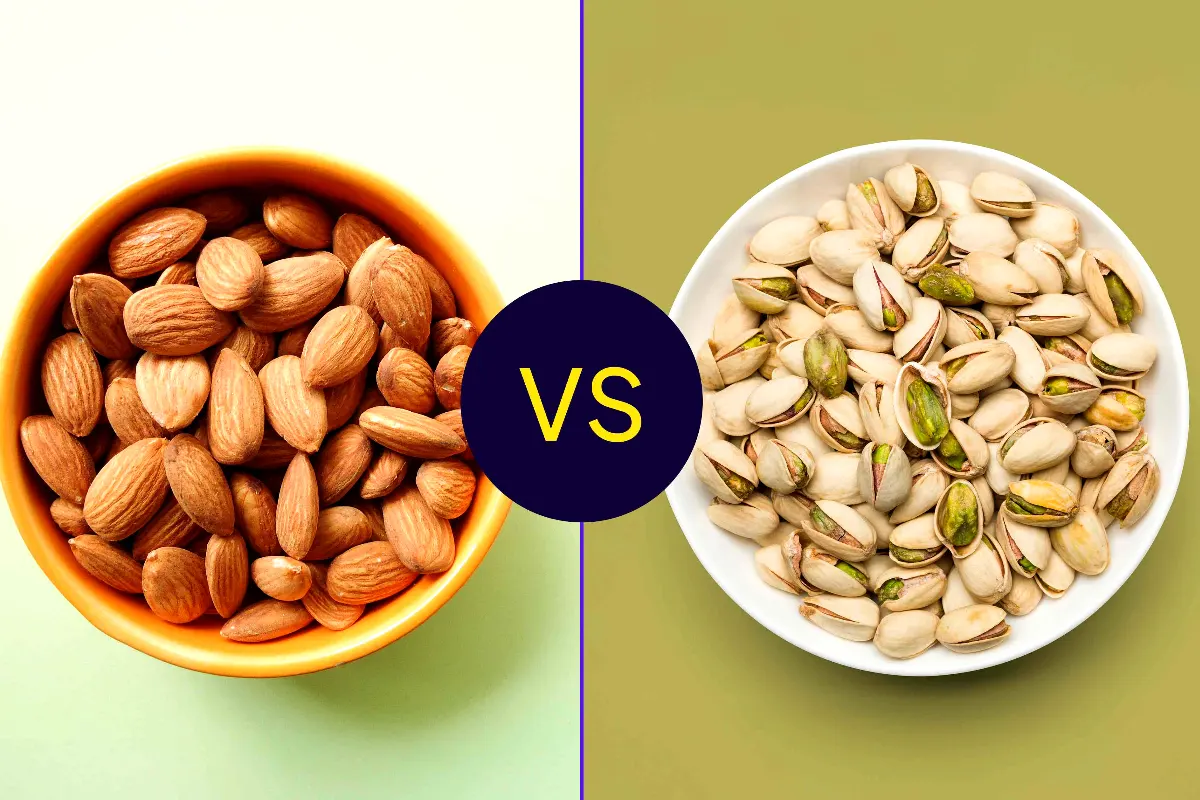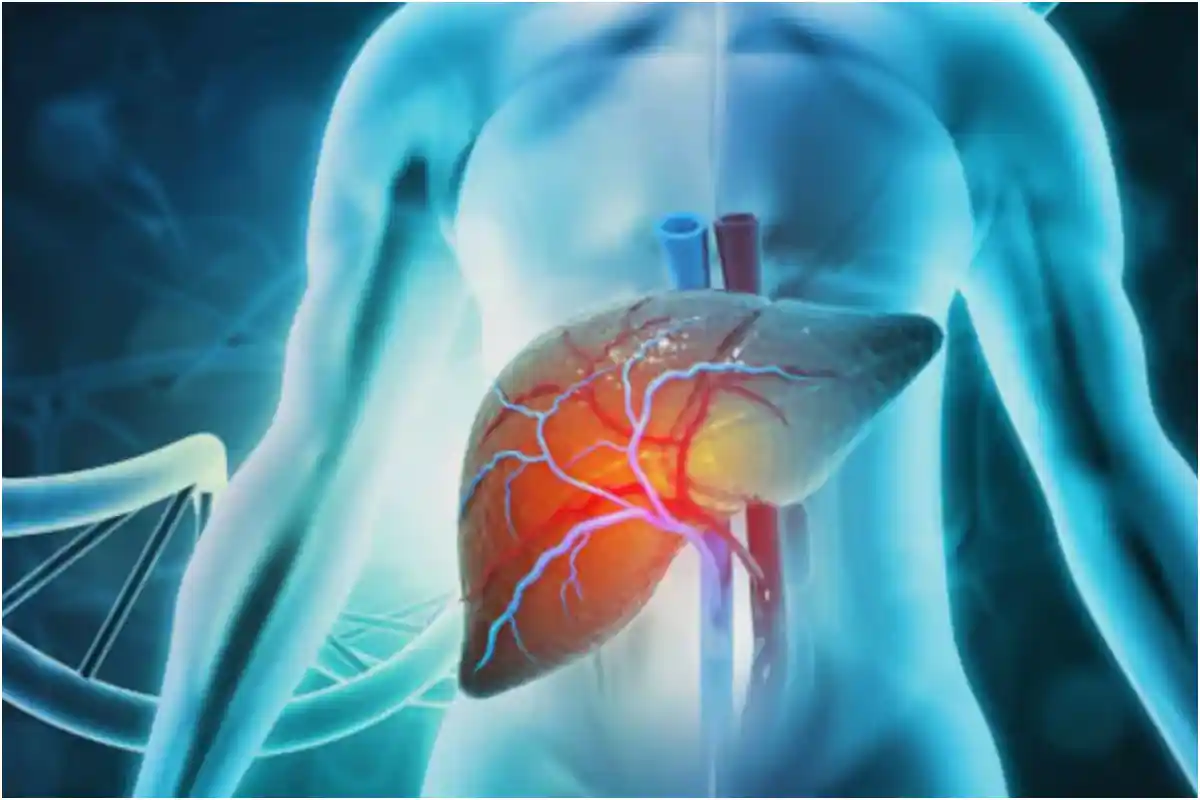Analyzing the Medical Uses of Cannabis: A Complete Guide

Cannabis has been used for medicinal purposes for thousands of years, but in recent times, it has garnered significant attention for its therapeutic potential. With evolving legislation and a growing body of research, cannabis has become a promising alternative or complement to traditional medications in treating a variety of ailments. This blog explores how cannabis is used in medicine, its benefits, and the challenges associated with its medical use.
1. What is Medicinal Cannabis?
Medicinal cannabis refers to the use of the cannabis plant or its extracts to treat symptoms of illnesses. The active compounds found in cannabis, particularly cannabinoids, interact with the body’s endocannabinoid system (ECS), which regulates various physiological functions like pain, mood, appetite, and immune response.
The two primary cannabinoids used in medicine are:
- Tetrahydrocannabinol (THC): The psychoactive compound that gives cannabis its “high.” THC also has pain-relieving and anti-nausea properties.
- Cannabidiol (CBD): A non-psychoactive compound that has gained popularity for its anti-inflammatory, anti-anxiety, and anti-seizure properties.
2. Historical Use of Cannabis in Medicine
Cannabis has a long history in medicinal use. Ancient Chinese, Indian, and Egyptian texts documented its use in treating various conditions, from pain to digestive issues. It was commonly used in Western medicine during the 19th and early 20th centuries before being heavily regulated.
The recent revival in cannabis research has provided a modern understanding of how it can benefit health and wellness.
3. Conditions Treated with Medicinal Cannabis
Several medical conditions have been recognized to benefit from cannabis treatment, especially in areas where traditional therapies may fall short.
Chronic Pain: One of the most common uses of cannabis in medicine is to treat chronic pain, particularly in patients suffering from conditions like arthritis, multiple sclerosis, or fibromyalgia. THC and CBD are believed to reduce pain through their interaction with ECS receptors.
Epilepsy: Cannabis-based medicines, such as Epidiolex (a CBD-based drug), have been approved for use in treating epilepsy, particularly for drug-resistant forms like Dravet syndrome and Lennox-Gastaut syndrome. Studies have shown that CBD can significantly reduce the frequency of seizures in patients.
Cancer Symptoms: Cannabis is often used by cancer patients undergoing chemotherapy to alleviate symptoms such as nausea, vomiting, and loss of appetite. THC-based medications like Dronabinol are commonly prescribed to combat these effects.
Anxiety and PTSD: Many patients use cannabis to manage anxiety and post-traumatic stress disorder (PTSD). CBD has been found to have calming effects, reducing symptoms of anxiety without the psychoactive effects associated with THC.
Neurodegenerative Disorders: Preliminary research shows that cannabis may help in treating neurodegenerative diseases like Alzheimer’s, Parkinson’s, and Huntington’s disease by reducing inflammation, supporting brain cell health, and managing symptoms like tremors and rigidity.
4. Cannabis-Based Medications
There are several cannabis-based pharmaceuticals approved for medical use in various parts of the world. Some of these include:
Sativex: A mouth spray combining THC and CBD used to treat spasticity in multiple sclerosis patients.
Marinol and Cesamet: Synthetic THC medications used to treat nausea and vomiting caused by chemotherapy.
Epidiolex: The first CBD-based drug approved by the FDA for treating seizures related to epilepsy.
5. Potential Benefits of Cannabis in Medicine
Alternative to Opioids: One of the biggest potential benefits of medicinal cannabis is its role in reducing dependence on opioids for pain management. Cannabis offers an option with fewer side effects and less risk of addiction.
Fewer Side Effects: Compared to traditional pharmaceuticals, medicinal cannabis often results in fewer and less severe side effects. For instance, cannabis can relieve chronic pain without causing gastrointestinal issues associated with NSAIDs or the addictive qualities of opioids.
6. Challenges and Risks
While cannabis holds great potential, it’s essential to consider the challenges:
Lack of Standardization: Dosage and potency can vary significantly between cannabis products, making it challenging to ensure consistent results.
Potential Side Effects: Although cannabis is generally considered safe, THC, in particular, can cause side effects such as dizziness, dry mouth, fatigue, and short-term memory impairment. In rare cases, cannabis use can lead to dependency or exacerbate mental health issues like schizophrenia.
Legal and Regulatory Barriers: The legality of medicinal cannabis varies widely around the world. Some countries and states have embraced its use, while others maintain strict regulations, limiting access for patients who could benefit from its therapeutic effects.
Insufficient Research: While research is expanding, there is still a need for more large-scale, long-term clinical trials to fully understand cannabis’ therapeutic potential and optimal usage.
7. The Future of Cannabis in Medicine
The future of cannabis in medicine looks promising, with ongoing research uncovering new therapeutic applications. Advances in technology and growing acceptance of its medicinal use could lead to more refined products, improved dosing accuracy, and broader access.
Wrap-Up
Cannabis has made significant strides in the medical world, proving to be an effective treatment for various conditions, particularly where traditional treatments may not suffice. While there are challenges in terms of regulation and standardization, the continued research and development of cannabis-based medicines promise to provide a broader range of treatment options in the near future.
For patients considering medicinal cannabis, it’s crucial to consult with a healthcare professional to determine the best treatment plan and navigate legal requirements.
Catch all the Health News, Breaking News Event and Trending News Updates on GTV News
Join Our Whatsapp Channel GTV Whatsapp Official Channel to get the Daily News Update & Follow us on Google News.














